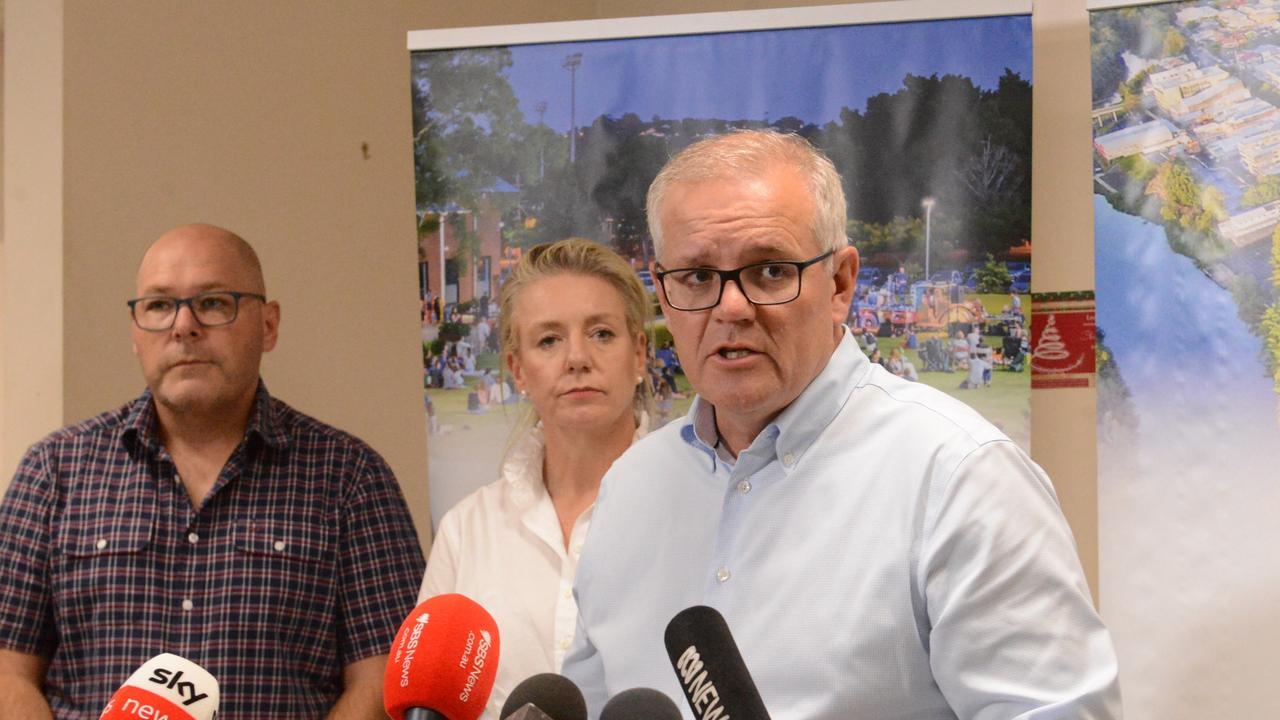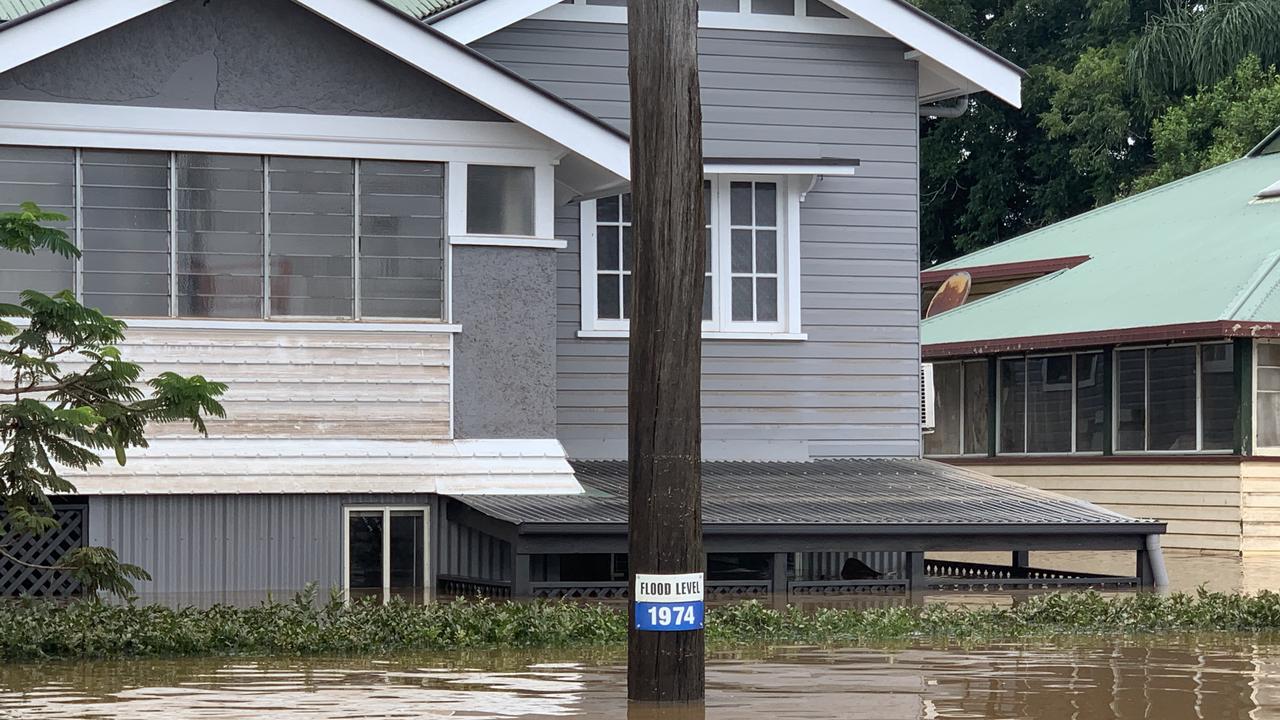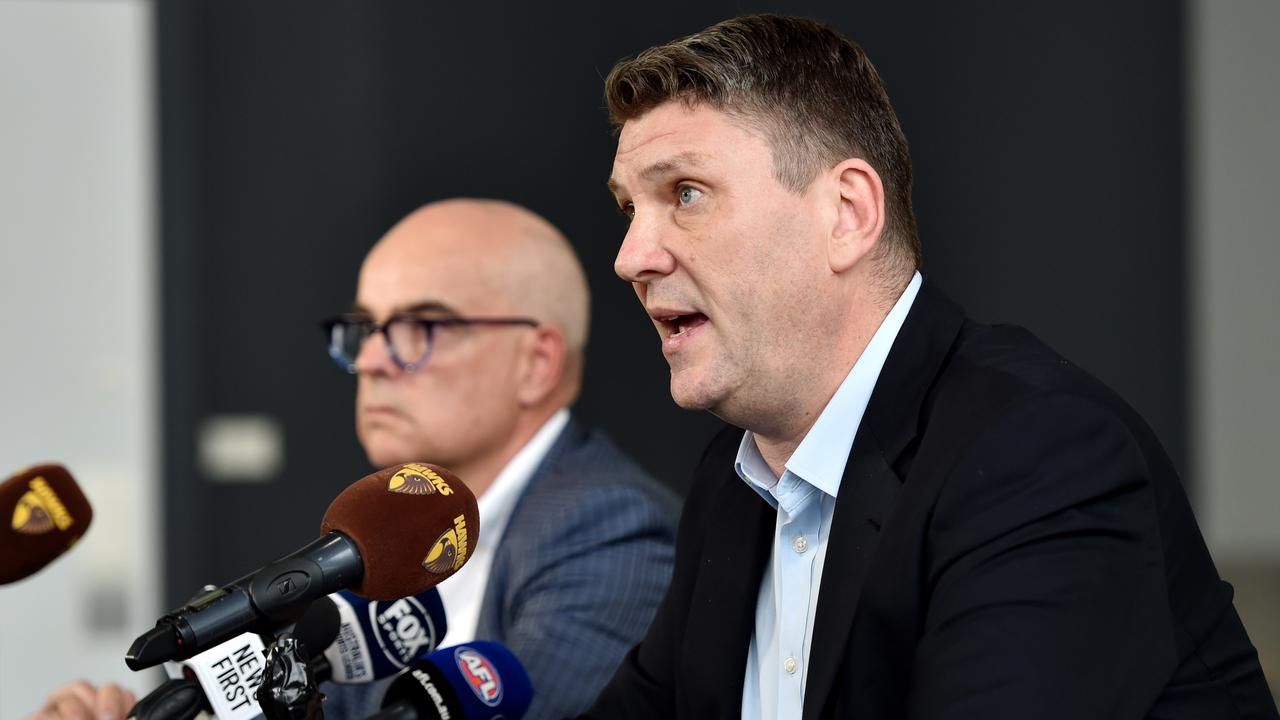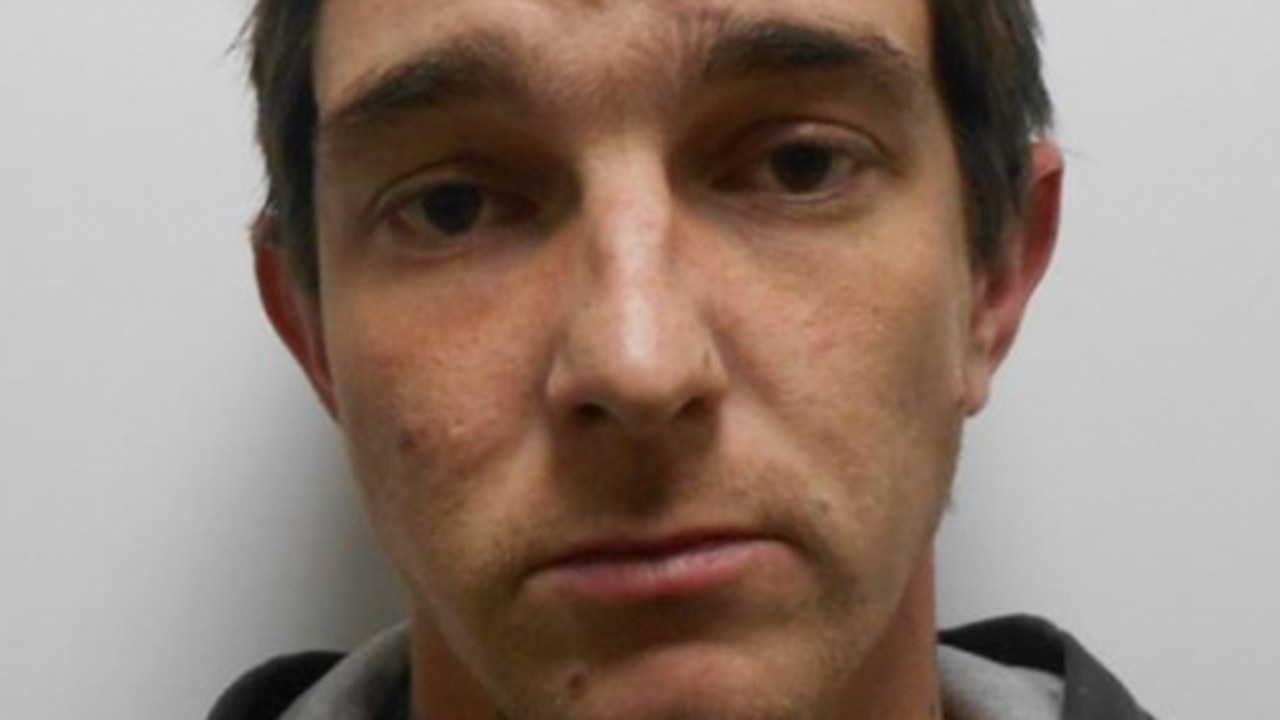Scott Morrison criticised for not calling flood emergency until after he visited Lismore
Scott Morrison has been forced to again defend himself over claims he acted too slowly in the recent flooding crisis.
Scott Morrison has deflected criticism he was too slow to declare a national emergency in response to the flood crisis as officials confirm the decision was a “personal and subjective” power of the Prime Minister.
Officials from the Prime Minister’s department were grilled about the decision not to use the power – which was enacted following a royal commission into natural disasters – until the day after Mr Morrison visited flood ravaged Lismore on March 9.
Assistant secretary Trevor Jones told a senate estimates hearing the Australian Government Crisis and Recovery Committee first considered a national emergency declaration the day after the flood levees were first breached on February 28.
The level of the Wilsons River eventually rose to 14m – more than 2m higher than the previous benchmark set in 1954.
The committee considered a declaration at subsequent meetings on March 2 and 8.

Mr Jones confirmed for a declaration to be called, the Prime Minister must be “satisfied” it was necessary.
“Whilst I can’t speak for the Prime Minister on this, because it’s a very personal and subjective decision on his part, I think going to Lismore the day after he came out of Covid quarantine resonates with me in terms of the decisions you need to make … often you need to get eyes on the problem,” he said.
Labor Senator Murray Watt suggested the declaration was delayed until after Mr Morrison completed his Covid-isolation, so he could make the trip to Lismore with the media pack in tow.
“Isn’t the reality that the Prime Minister held off declaring this until he could be in Lismore with TV cameras around him?” he asked.
Finance Minister Simon Birmingham branded the accusation as a cynical and cheap shot.
Later in question time, Labor again seized on the evidence, pressing the Prime Minister about why he did not enact the power sooner.
“How on Earth can the Prime Minister justify delaying the decision for a full nine days when the need was so clearly there and flood victims were so desperate for help?” deputy Labor leader Richard Marles asked.
But Mr Morrison rejected the criticism and slammed the opposition for politicising the crisis.
“I was in Lismore, I was in the dairy farms, I was in people’s homes, I was in their businesses and I was there with the leadership of the councils and their officers to ensure the support we provided has been timely and targeted and welcomed by the mayor of Lismore again today,” he told the house.
He added he “immediately” triggered support of the defence force, something Anthony Albanese would understand if “he spent more time understanding responses rather than politicising them”.

National Recovery and Resilience Agency Advisory Board chair Shane Stone later told the hearing more than one million people in Queensland and NSW had received emergency funding.
So far, more than 4700 homes had been rendered uninhabitable and more than 1600 businesses had suffered a direct impact, but he insisted it was the fastest federal response in history.
“Can we collectively do better? Yes, we can,” Mr Stone said.
“But it’s going to require a very collegiate, cooperative effort between everybody at state and federal level, and local governments have a role to play too.”
Mr Stone said he could only imagine the fear people would have experienced in Lismore when there were mixed messages about whether they should evacuate, but added he did not want to be critical of first responders.
“I don’t think the commonwealth should be stepping up to be the first responders,” he said.
“This is clearly a state responsibility and we need to work closely with them.”
Mr Stone said natural disasters had been unrelenting across Australia, with 154 disasters in 402 local government areas since 2019.
“We’ve probably lifted the bar so high that there is now an expectation that state and federal governments will just step up and pick up the pieces,” he said.
Originally published as Scott Morrison criticised for not calling flood emergency until after he visited Lismore


